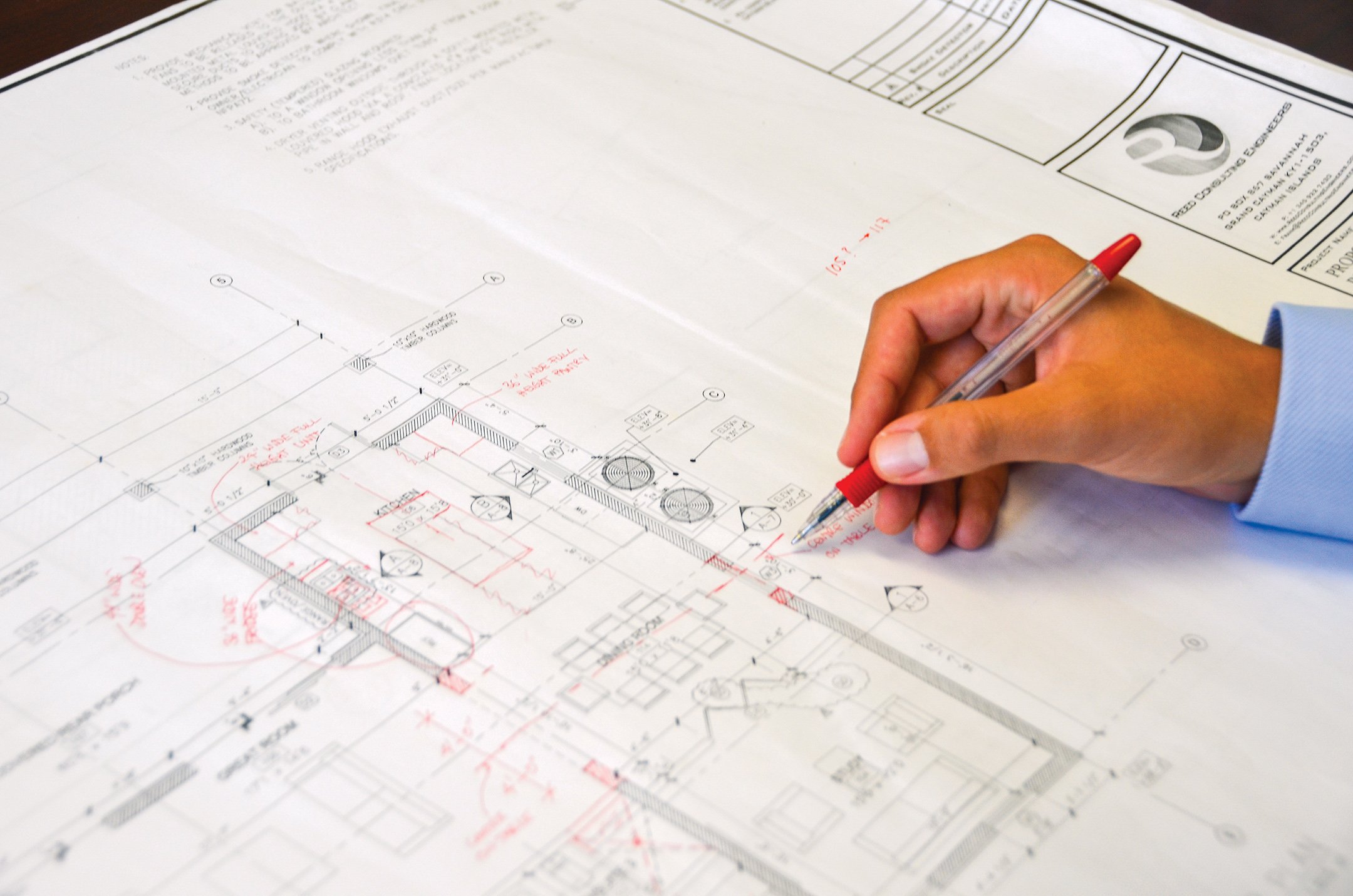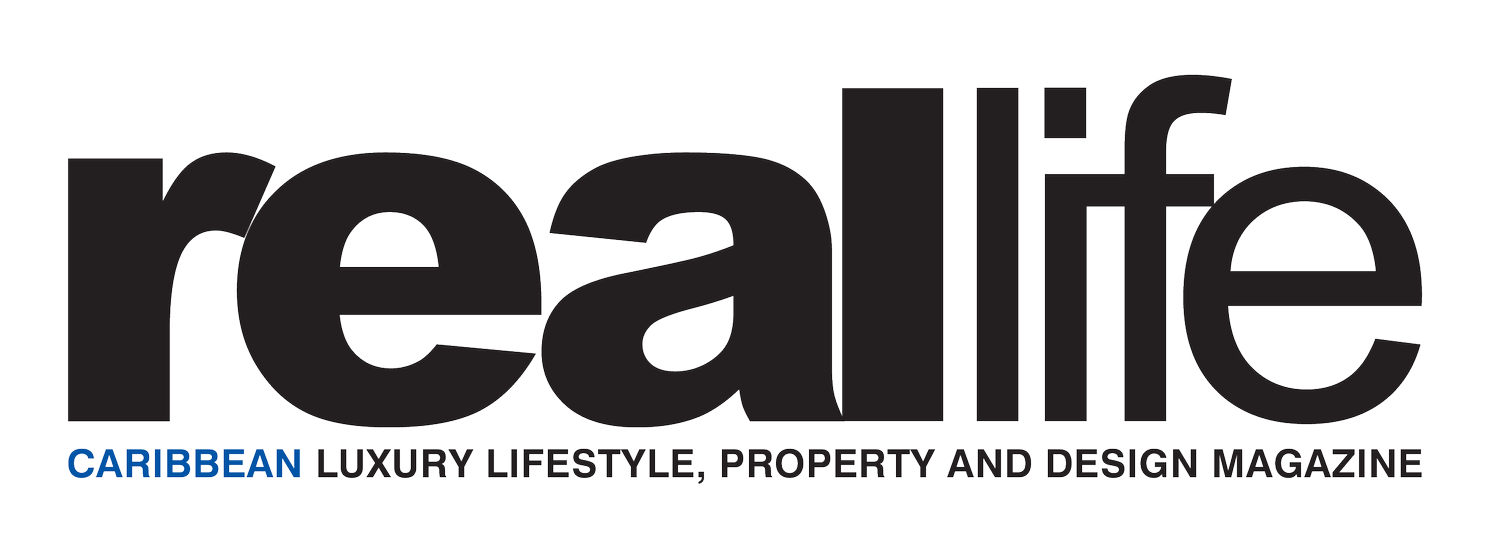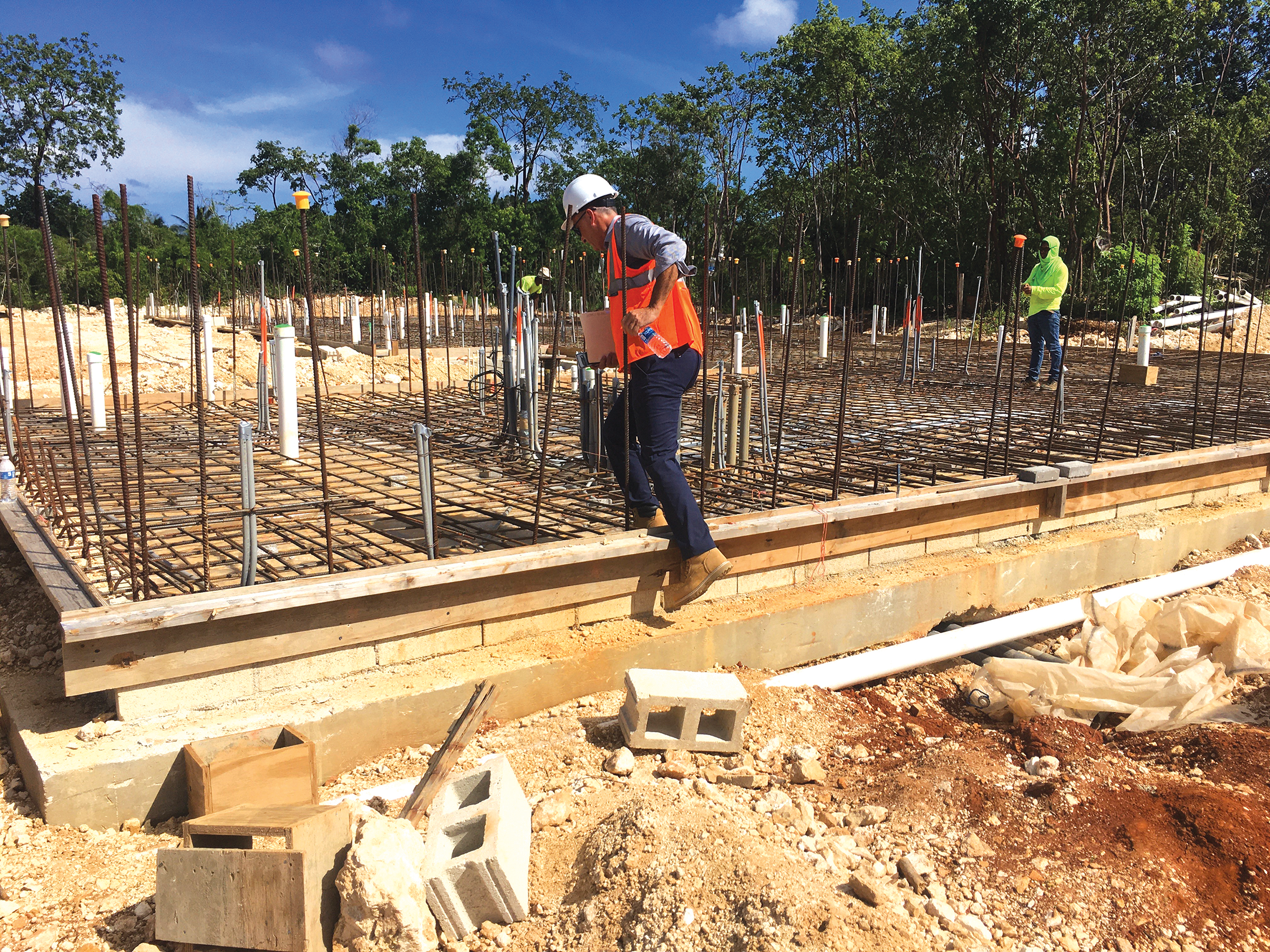
SUSTAINABLE LIVING A CONVERSATION WITH REED CONSULTING ENGINEERS, CAYMAN ISLANDS
SUSTAINABLE LIVING A CONVERSATION WITH REED CONSULTING ENGINEERS, CAYMAN ISLANDS
In the ever-evolving world of building design and construction, sustainability has taken centre stage. As discerning owners seek eco-friendly and energy-efficient solutions, they rely on engineers to guide them in assessing new technologies and the practicality of each, delivering both beautiful and environmentally conscious residential spaces. REAL LIFE sat down with Ben Morgan at RCE to discuss the latest trends and practical recommendations for sustainable buildings.
Reed Consulting Engineers Ltd. is a multi-disciplinary engineering firm offering Structural, Civil and MEP-F consulting services in the Cayman Islands.
FOR MORE INFO ABOUT REED CONSULTING ENGINEERS, VISIT:
RL: How has the demand for eco-friendly solutions evolved in recent years?
RCE: The shift towards sustainability has been pronounced. Clients are increasingly informed and interested in how to build more sustainable buildings, and we’re seeing that from both our residential and commercial clients, which is very encouraging.
Across the board, people seem to be acknowledging their responsibility, and as technology becomes more reliable and accessible here in Cayman, I’m sure that adoption will only continue to grow.
RL: What are some eco-friendly trends you’re currently seeing in residential projects?
RCE: As Cayman’s building industry becomes increasingly efficient and skilled, and electricity prices soar, the availability and demand for a variety of sustainable building practices and systems has too.
Interest hasn’t just been limited to more well-established solutions, like solar panels, either. People are increasingly embracing the possibilities of things like geothermal cooling and grey-water harvesting in their homes as well.
Building materials and practices can play as significant a role as technology in reducing the energy demand of the building overall. True sustainable building design is holistic and multi-faceted rather than trendy or focused on a single solution.
RL: How can an average homeowner practically and cost-effectively implement sustainable strategies?
RCE: The lowest-hanging fruit is the integration of solar power. With such abundant sunshine and so many high-quality local solar providers in the market, harnessing that energy is a practical choice.
In Cayman, the largest power draw in most cases will be cooling the home, so an investment in modern HVAC and smart home technology to optimise energy usage, coupled with a thoughtful approach to the building’s insulation, can have a surprising impact on the bottom line.
Whatever the correct mix of solutions for your home, selecting the right equipment (or product) and ensuring they are correctly installed is paramount to the system’s success. Like any other investment, seeking a trusted advisor to help you make these decisions tends to be money well spent.
RL: What advice would you give to someone looking to build their first home?
RCE: Research sustainable technologies and engage with architects and engineers who know about these systems early on so you can fully consider the long-term benefits, and ensure that the technology is suitably advanced to integrate with your lifestyle. In many cases you don’t want to be too early adopting new technologies.
Also, a home doesn’t have to be a new build to benefit. Quality engineers, contractors and distributors can help you conduct assessments of a property’s potential for practical upgrades. Technology really is making it increasingly attainable for homeowners to minimise their footprint.
RL: What other innovative advancements are becoming more accessible to homeowners?
RCE: One exciting technology for Cayman is the use of ‘cool roofs’. These reflective roofing materials can reduce indoor temperatures, reducing the need for air conditioning. Additionally, green building certifications like LEED (Leadership in Energy and Environmental Design) offer guidelines for sustainable design practices,
which I expect to see implemented more often in the future.
Building automation systems, which can optimise energy use by adjusting lighting, heating or cooling based on occpunacy and environmental conditions are also becoming increasingly advanced and effective.
RL: How can architects, engineers, and builders work together to promote eco-friendly design in the Caribbean?
RCE: Collaboration is key. Architects should consult with structural and MEP engineers early in the design process to ensure that sustainability goals are integrated seamlessly. Engineers, in turn, can provide valuable input on materials, systems, and construction methods that align with eco-friendly principles.
Education is essential as well. Continuous learning about the latest sustainable technologies and practices is crucial for professionals in the field. Sharing success stories and showcasing eco-friendly buildings can also inspire others to follow suit.
Eco-friendly building design in the Caribbean is not just a trend; it’s a necessity for preserving the region’s natural beauty and resilience in the face of climate change. Structural and MEP engineers have a responsibility to stay at the forefront of this movement: through continuous learning and education we can help to promote and implement practical sustainable technology adoption by our clients.
By considering hurricane resistance, renewable energy sources, water conservation, carbon footprint reduction, innovative technologies, and collaboration, the Cayman Islands has a great opportunity to lead the way for sustainable construction practices in the Caribbean.
Reed Consulting Engineers Ltd. is a multi-disciplinary engineering firm offering Structural, Civil and MEP-F consulting services in the Cayman Islands.
FOR MORE INFO ABOUT REED CONSULTING ENGINEERS, VISIT:







